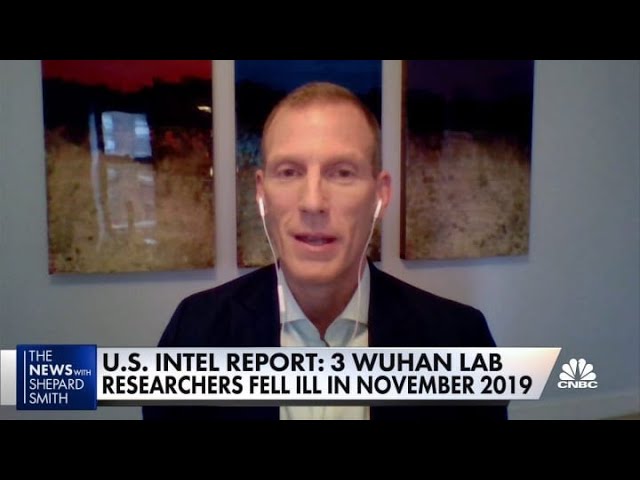A federal judge rejected a motion made by CNN this week to dismiss a defamation lawsuit filed by Harvard University law professor Alan Dershowitz.
CNN presented an abridged version of remarks made by Dershowitz to the Senate during former President Donald Trump’s first impeachment trial, which “is not accurate, to the extent that it omitted a crucial qualification: that an illegal motive for a quid pro quo would be corrupt,” U.S. District Judge Raag Singhal, a Trump nominee, wrote in his 22-page ruling.
At issue is a Jan. 29, 2020, broadcast on CNN which featured hosts employed by the network, as well as panel guests—including other CNN employees—discussing arguments made that day during Trump’s impeachment trial.
While Dershowitz spoke for more than five minutes to answer a question from Sen. Ted Cruz (R-Texas) on whether “quid pro quo” arrangements are used often in foreign policy, CNN focused on a single sentence from his answer before claiming that the law professor was arguing that a president could do anything, including illegal acts, if he believed his re-election was in the public interest.
But Dershowitz stated in another portion of the answer that “the only thing that would make a quid pro quo unlawful is if the quo were somehow illegal.”
CNN attempted “to falsely paint Professor Dershowitz as a constitutional scholar and intellectual who had lost his mind,” Dershowitz stated in his $300 million defamation lawsuit.
In its motion to dismiss, lawyers for CNN stated that “Dershowitz’s disagreement with CNN about the meaning the words he spoke on the Senate floor is just the type of political debate involving matters of profound national importance that is central to the American values of self-governance; it is not grounds for a defamation lawsuit.”
The lawyers further said CNN’s reporting was protected because it was pertaining to a government proceeding, that CNN “cannot be held liable for reporting—verbatim—what Dershowitz actually said to Congress,” and that the remarks made by CNN employees are non-actionable because they were opinions based on testimony from the impeachment proceedings.






